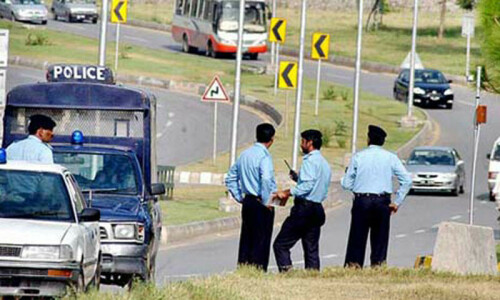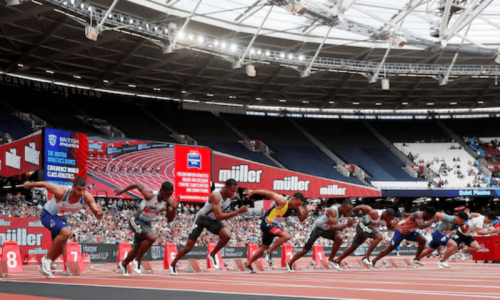
ISLAMABAD: A large number of people from various walks of life held a protest outside the National Press Club on Saturday against the gang-rape of a woman on a motorway near Lahore and killing of a transgender person in Khyber Pakhtunkhwa.
Arranged by progressive groups, including the Women Democratic Front (WDF), Aurat Azadi March, Women Action Forum and Awami Workers Party, the participants of the protest called on the state to make a commitment to eradicate the culture of rape and harassment in Pakistan.
They demanded justice for all victims of sexual violence and conviction of sexual offenders.
The protesters also called for making public spaces safer and more accessible to women, an increase in investment in education, health and safety of women, end to the culture of victim blaming and removal of the capital city police officer (CCPO) Lahore for his comments on the incident.
Addressing the protesters, Ismat Shahjahan of WDF said patriarchal structures had to be demolished to end patriarchal violence against women and marginalised groups.
“It is not a matter of one incident but an entire culture that is strengthened through curriculum, laws and policies and through wars that are fought. Our fight is against this entire system,” she said.
Aurat Azadi March’s representative Tooba Syed said sexual violence takes place with a frightening regularity in Pakistan.
The violent campaign and attacks that protesters at the Aurat Azadi March were subjected to earlier this year show how Pakistani women are constantly rebuked when they demand the right to freedom, she said.
Demanding concrete action from the state, Maria Rashid of Women Action Forum called for the inclusion of women and feminist groups in policy making.
“Cosmetic changes in the name of ‘women empowerment’ do little as perpetrators of sexual violence enjoy a high degree of impunity, and constant victim-blaming becomes a means for justifying state inaction,” she said.
According to a statement issued by the WDF, women rights activist Tahira Abdullah said sexual violence against women needed to be seen as an affront to women’s personal and political autonomy. “We insist that the state must allow public discussions of gender violence, be it in the form of peaceful nationwide protests or any other efforts led by Pakistani feminists,” she said.
People gathered outside the press club voiced their anger that women are unsafe in Pakistan no matter where they are; be it in their homes or public spaces. Safety remains a privilege in Pakistan that remains absent for the most marginalised people, including women.
They also opposed calls for public hanging and capital punishment, saying they do little to prevent or deter crimes such as rape.
Published in Dawn, September 13th, 2020













































